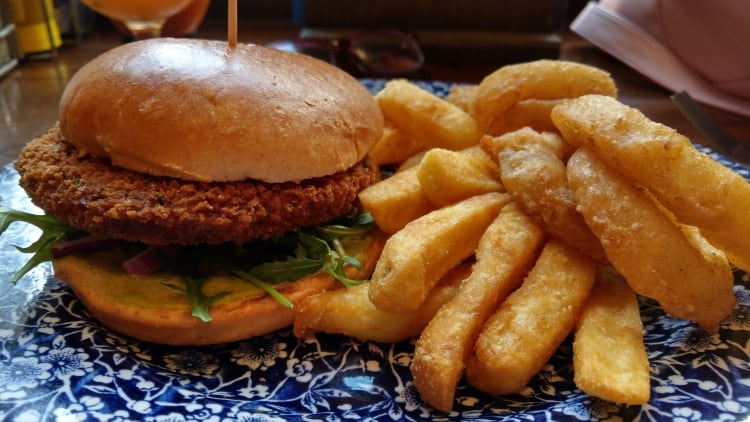- The Morning Advertiser’s (The MA) free to access Pub Employment Report is available now. Read more here.
Recruitment has been an ongoing challenge for the industry for some time now, and with rising employment costs coming into force this month, changing perceptions of hospitality to be seen as a career option are more important than ever.
To support recruitment in the sector, Tim Bird, owner of Cheshire Cat Pubs & Inns, which was crowned Best Pub Operations Team at the Publican Awards last week, told The MA operators needed easier access to funding, such as the Apprenticeship Levy.
He said: “[The Government needs to reform the Apprenticeship Levy]. The levy is underutilised in hospitality because it’s complex and inflexible. We need easier access to funding and the ability to use it more effectively for short, high-impact training.
“A national campaign highlighting hospitality as a skilled career path could shift public perception, attracting more people to the industry.”
Visa and work permit challenges create another recruitment roadblock, Bird added: “Post-Brexit immigration rules have made hiring international talent more difficult.
Retention initiatives
“The Government should reassess hospitality’s inclusion on the shortage occupation list and streamline visa processes for skilled roles.”
In addition, the north-west-based multiple operator, who features in The MA’s Pub Employment Report, called for a reduction in VAT for hospitality businesses to boost investment into recruitment.
“It sounds obvious, but a lower VAT rate for pubs and restaurants would allow businesses to invest more in staff wages, training, and retention initiatives – ultimately making the industry more attractive as a long-term career choice,” he continued.
Meanwhile, Dianne Irving, operator of Drouth Ltd sites the Crown Inn at Stanwix and the Milbourne Arms in Carlisle, who also features in the report, noted the value pubs add to communities through employment.
She said: “We need some recognition of the value that pubs add to the community and the economy. We need careers in hospitality to be seen as something worthwhile.
“Having had a previous existence as a headteacher, I think it would be beneficial to every teenager in the country to work at least six months in a hospitality job. Like a hospitality ‘Duke of Edinburgh’ scheme.
“I see the way youngsters blossom in confidence and in people skills after six months working in hospitality, it always amazes me.
Dynamic workforces
“But seriously, if the Government were to subsidise wages instead of giving out benefits, we might get somewhere.
“Getting someone to work more than 16 hours a week is difficult. I have seen lots of good people who have the ability to work be capped at this ridiculous number of hours because to work more means they lose out.”
The Pub Employment Report, sponsored by Mapal and YoungOnes, showed more than 80% of pub bosses have been forced to reduce the number of people they had planned to recruit due to minimum/living wages hikes.
YoungOnes, an online platform that connects freelance hospitality workers with employers, discussed the benefits of flexibility without commitment during challenging times.
A spokesperson said: “Whether pubs need help covering shifts during peak times or have an event that requires extra hands, freelancers let you manage your workforce dynamically.
“This means businesses only pay when they actually need [support], with no commitment to long-term contracts or agency fees.”
- To gain FREE access to The Pub Employment Report, simply click here, fill in a few details and then you will be able to access it whenever you need.





